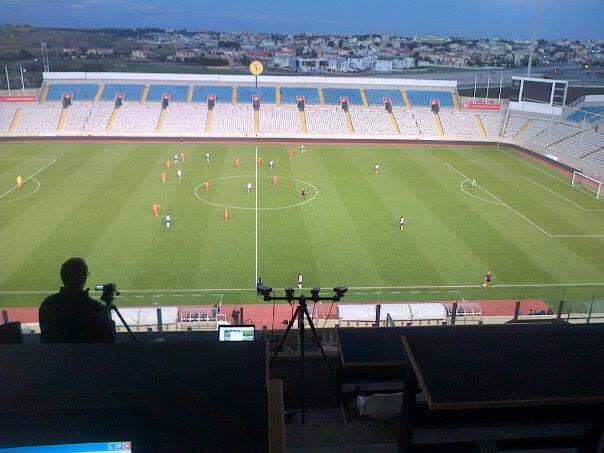by Sylvain Jamet
This week there was an important announcement in football sport science that did not get much traction in the media despite being a big move orchestrated by FIFA who have recently allowed GPS devices to be used during games.
First IFAB issued a circular back in May regarding the amendments to the law of the games 2015/16.
“Where electronic performance and tracking systems (EPTS) are used (subject to the agreement of the member association/competition organiser concerned):
- they must not pose any danger to the players and/or match officials
- information and data transmitted from the devices/systems is not permitted to be received or used in the technical area during the match “
Then FIFA issued a circular 1494 on the 8th July mentioning the devices were used at the FIFA u20 World Cup in New Zealand as well as the FIFA Women’s World Cup 2015 played in Canada.
The big restriction is the data cannot be used live during a game as per the IFAB circular but it can be collected by the video analyst/science people and used during the half-time break.
A New York Times article said that up to seven teams used a GPS system during the recent FIFA WWC 2015 including World Champions USA. We can reveal that China and Canada were amongst the teams that used the technology and that New Zealand, alongside England, were probably also using it.
For many years, training with GPS has been the norm for football teams in order to collect data on the players fitness, runs with intensity and track their movement. I remember watching pictures of England’s Women in training at the Cyprus Cup 2012 with GPS technology , while Canada that year was using the pro-zone system.
Football teams are used to collect data by companies like Amisco or Prozone who have multiple cameras around the stadium and track the players during games.
For example those cameras were used at the Cyprus Cup 2014 during England Canada:
GPS data is much more precise and might render useless those companies at the highest level. There is so much information and value in the GPS data that teams will be able to monitor and track properly what the players are doing more now than ever.
Analysing the opposition and your own players’ performance is a big part of the modern game as shown by Mark Sampson’s England during the 2015 Women’s World Cup. The England team was like a chameleon with specific game plans and tactics constructed for different opponents. Squad rotation with specific players skills was extensively used making Sampson look like the new tinkerman with excellent results and a bronze medal to show for it.
With Arsene Wenger being a big fan of technology in football we will surely see the GPS technology benefit the Arsenal team very soon and don’t discount Pedro Losa using it as well with Arsenal Ladies providing that the FA allows it to be used in the Premier League and the FA WSL.

